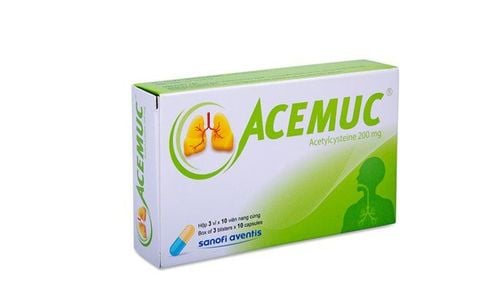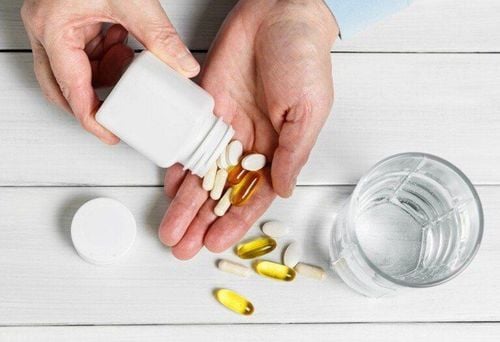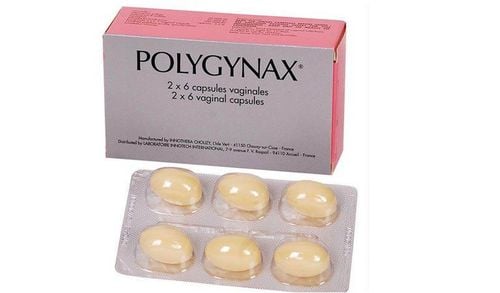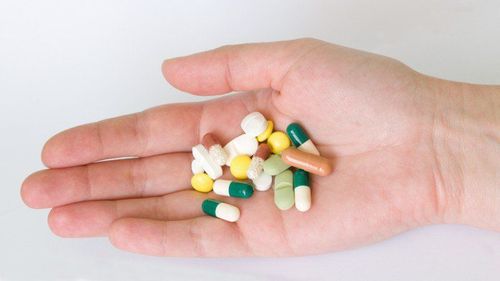Pharmacist Dương Thanh Hải
This article is written by Pharmacist Dương Thanh Hải - Department of Pharmacy - Vinmec Times City International General Hospital.
When experiencing pain, patients can often purchase pain relievers at pharmacies, such as paracetamol and nonsteroidal anti-inflammatory drugs (NSAIDs). These medications are usually very effective for quickly reducing pain and inflammation. However, if you have kidney disease, using pain relievers can pose serious health risks, as some pain relievers reduce blood flow to the kidneys and can cause further kidney damage
Due to impaired kidney function, some medications may accumulate in the body and cause toxicity in patients. However, this issue can be proactively prevented.
1. What is chronic kidney disease?
Chronic kidney disease (CKD), also known as chronic kidney failure, is a term used to describe a gradual loss of kidney function. This results in a decreased capacity of the kidneys to remove toxins and excess fluids from the blood to be excreted through urine. The causes of CKD are often the progression of conditions such as diabetes, hypertension, glomerulonephritis, polycystic kidney disease, prolonged urinary tract obstruction, recurrent kidney infections,...
2. What pain relievers are used?
Pain relievers are drugs used for controlling pain; some drugs may have anti-inflammatory and antipyretic effects. Mild to moderate pain relievers can commonly be purchased over-the-counter without being prescribed by a doctor, such as paracetamol (Panadol), NSAIDs: ibuprofen (Gofen), diclofenac (Voltaren), celecoxib (Celebrex),... Strong pain relief drugs in the opioid group, such as morphine, fentanyl, oxycodone,... require a prescription from a licensed doctor.
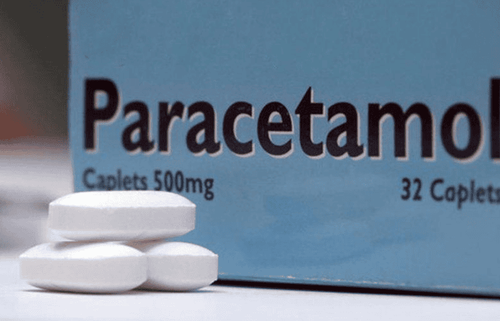
3. How do pain relievers damage the kidneys?
About 1-5% of individuals using nonsteroidal anti-inflammatory drugs (NSAIDs), including high-dose aspirin, can experience kidney toxicity. This is because these drugs reduce blood flow to the kidneys, leading to a decline in the filtering function of the glomeruli. The risk of kidney damage is significantly higher in people with chronic kidney disease. Acute kidney failure can occur in chronic kidney disease patients, especially if they are dehydrated (due to vomiting, diarrhea) or have low blood pressure.
4. What pain relievers are safe for patients with chronic kidney disease?
The optimal choice of pain reliever depends on each patient's condition; there is no single medication that can be considered universally safe for everyone. Among over-the-counter medications, paracetamol is usually the preferred pain reliever for most patients with chronic kidney disease; however, high doses of paracetamol can cause liver toxicity. Therefore, it should not exceed 4 g per day. Paracetamol does not have anti-inflammatory effects, so for pain due to inflammation, such as arthritis, the patient will need to be evaluated by a doctor to choose an appropriate combination of anti-inflammatory medications.
Sometimes, NSAIDs may be prescribed but under close monitoring, with dosage and duration adjusted according to the patient's condition and kidney function. If the patient experiences moderate to severe pain, paracetamol may not be sufficient for pain control. In such cases, the patient may need stronger pain relievers in the opioid group, such as tramadol, morphine,.... However, when using these medications, the patient must have a prescription from a doctor, and the dosage should be carefully chosen based on the level of kidney impairment to avoid the risk of overdose.

5. Can patients with chronic kidney disease use aspirin?
Aspirin belongs to the NSAID group and is used worldwide at high doses for pain relief, anti-inflammatory effects, and fever reduction. Currently, aspirin is primarily used for the secondary prevention of serious cardiovascular events such as myocardial infarction and ischemic stroke due to its antiplatelet effect, which helps prevent thrombosis.
To prevent cardiovascular events, aspirin is used at a low dose (usually from 81–162 mg per day) and needs to be maintained over a long period. People with chronic kidney disease are at high risk of cardiovascular events and may be prescribed low-dose aspirin by their doctor. In this case, the medication does not increase the risk of kidney damage, and the patient needs to continue taking it as prescribed by the doctor. However, for those with end-stage chronic kidney disease, using aspirin may increase the risk of bleeding, so the doctor will carefully assess and adjust the treatment plan accordingly for each patient.
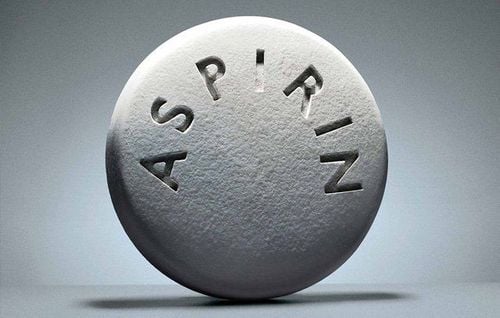
6. What should be done to protect the kidneys when using pain relievers?
Kidney disease caused by pain relievers can often be prevented if patients follow the instructions provided by healthcare professionals, including:
- Use pain relievers at the lowest effective doses for the shortest duration.
- Do not self-medicate with over-the-counter pain relievers for more than 10 days. If the pain is not manageable, seek medical advice.
- Avoid prolonged use of multi-ingredient pain relievers, such as those combining aspirin, paracetamol, codeine, or tramadol. Read carefully and check all the ingredients listed on the product label.
- Drink enough water while taking pain relievers, and avoid alcohol during this time.
- If you have kidney disease, consult your doctor before using any pain relievers, especially NSAIDs.

Vinmec International General Hospital is a high-quality medical facility in Vietnam, with highly qualified doctors having been extensively trained both nationally and internationally, and with experienced specialists.
The hospital is equipped with modern, state-of-the-art medical devices and many advanced machines in the world, helping to quickly detect complex and dangerous diseases, thereby effectively assisting doctors in diagnosis and treatment. The hospital's environment is designed according to hotel standards, providing patients with comfort, friendliness, and peace of mind.
To arrange an appointment, please call HOTLINE or make your reservation directly HERE. You may also download the MyVinmec app to schedule appointments faster and manage your reservations more conveniently.





